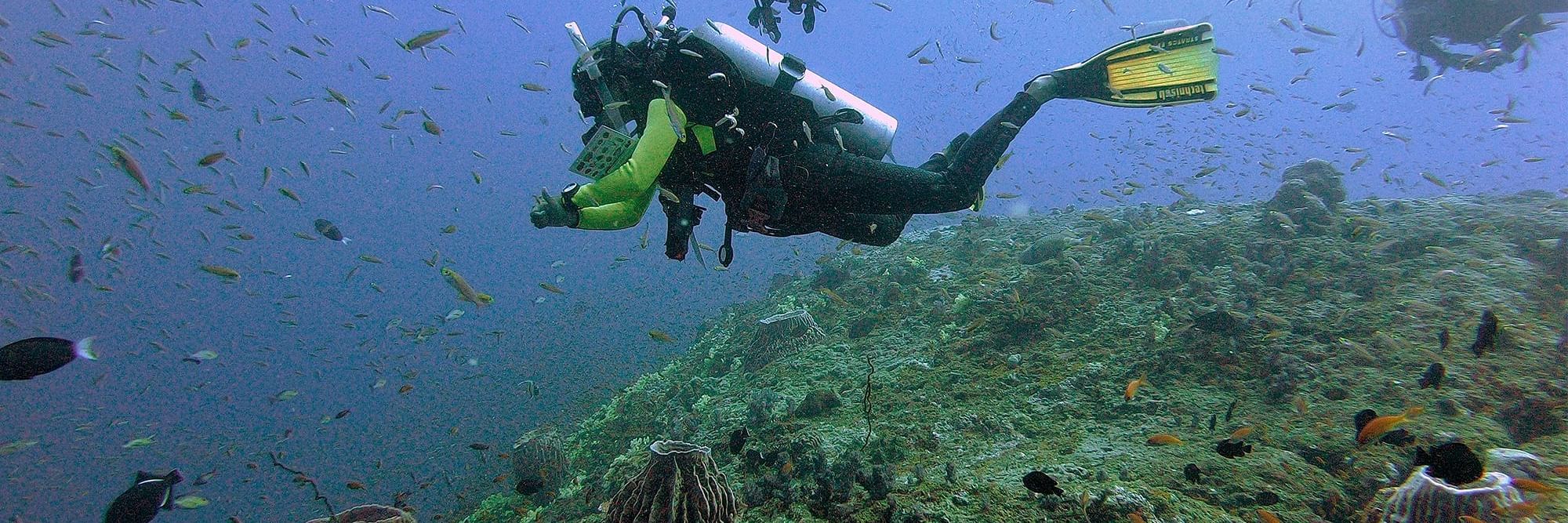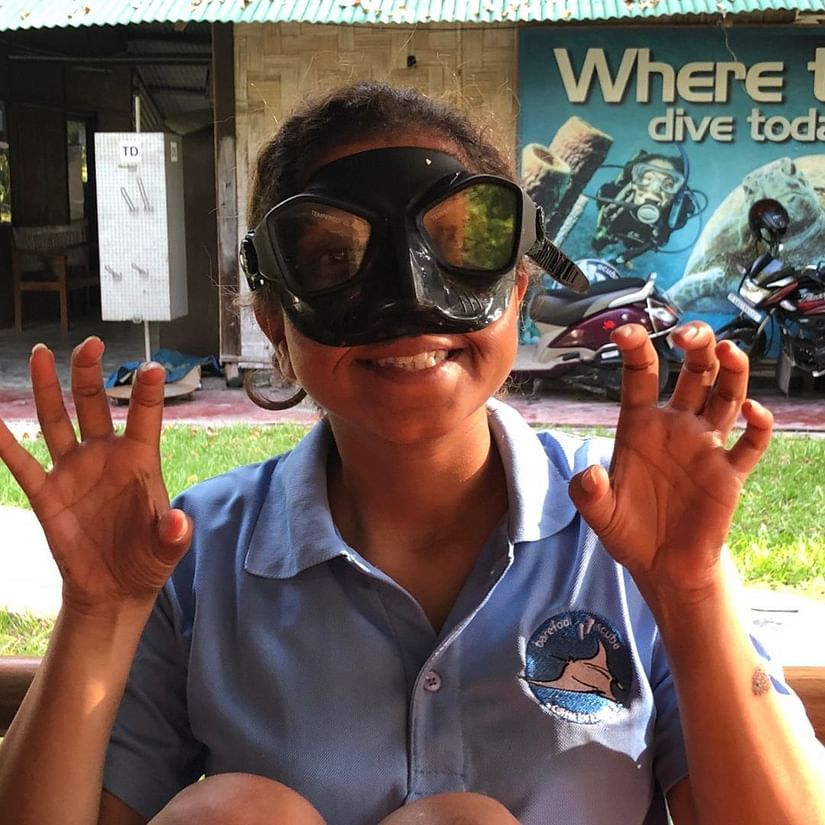Are you a diver already or planning on entering the world of diving? Here are 12 ways to become a badass diver who keeps themselves and the environment safe.
1. CONTROL YOUR BUOYANCY (LOOK MA, NO HANDS!)
Some new divers may have the tendency to move their hands rapidly to control their buoyancy underwater. If not taken care of initially, it becomes a habit and we all know how bad buoyancy is bad for the reef or your fellow divers. It can lead to reef damage, exhaustion, injuries to self, entanglement and a big tag of “bad diver.” Try to control your buoyancy with your Buoyancy Control Device and breathing rather than your hands.
2. BE CURIOUS, NOT TOUCHY
It is one thing to be curious and entirely another to touch or tease aquatic animals. Some creatures are highly toxic, venomous or poisonous while some are fragile and easily damaged. You may not know of them or even be able to tell apart a dangerous but camouflaged creature from the reef. You may not realise the harm you are causing to a particular organism or coral. Be safe and considerate, don't touch anything.
3. MIND YOUR DEPTH LIMIT
We all know that one diver who brags about going deeper than they actually should. Remember that they are not brave, but reckless to go deeper than their limits without the required training. By doing so, they are taking risks they may not even be aware of.
4. CAN’T STAY DOWN FOREVER! CHECK YOUR AIR
The most common underwater mistake is to not check air frequently or being unaware of your air consumption. For new divers, make sure you check your air regularly and have a general idea about your air consumption. For seasoned divers, keep into account the conditions, tank volume and your air consumption rate. Keep enough reserve to ascend safely.
5. IF YOU ARE PARTICULAR, GET YOUR OWN GEAR
A lot of divers prefer to buy their own equipment. It is important to understand that on a daily basis, a lot of divers use dive centre equipment. While most dive centres have several brands, sizes and options available for rent, they may not always have the one that you like best. Moreover, dive centre equipment that fits you may be in use by other divers. So, if you want a particular colour or brand of a wetsuit or have very specific requirements of any other scuba equipment, invest a little in the gear of your choice.



